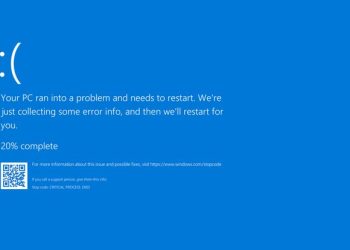Bandung, IndonesiaSentinel.com — YouTube has announced that it will no longer recommend health and fitness videos to teenagers, particularly those promoting “ideal” body types or specific body images. The move comes as part of the platform’s ongoing efforts to protect young users from content that could negatively affect their mental health and self-image.
According to a report from Euronews, YouTube’s recommendation algorithm has long been based on users’ viewing history, often pushing similar or even more extreme content after each watch. This algorithmic cycle can lead users, particularly teenagers, to repeatedly encounter videos that may reinforce unhealthy or unrealistic body standards.
In response to growing concerns, YouTube updated its guidelines last year, with recommendations from its Youth and Family Advisory Committee. Initially implemented in the United States, the platform has since expanded these restrictions to Europe.
“This new policy is a way to prevent teens from developing negative or harmful thoughts about their own bodies,” said YouTube Health’s Global Head, Dr. Garth Graham, and YouTube Youth’s Director of Product Management, James Beser, in a statement on Friday, September 13, 2024.
“One video may not be harmful on its own, but repeated exposure to this type of content could have a damaging effect on some teenagers.”
200 Meters Tall Megatsunami Hits Greenland, Only Discovered One Year Later
Research has shown that social media can significantly influence how people view their own bodies. A review of 50 studies across 17 countries revealed that social media platforms contribute to body dissatisfaction, disordered eating, and other health issues. This happens largely because users often compare themselves to others they see online, setting unattainable standards of thinness or fitness as the ideal body type.
Those most vulnerable to the negative effects of social media include young women, girls, individuals struggling with body image issues, and those who are overweight. On the other hand, people who already feel confident about their bodies tend to be less affected by such content.
In addition to restricting health and fitness videos, YouTube has also limited access to certain videos dealing with eating disorders and physical altercations for teenage users. The platform has taken further steps by providing crisis hotlines to users searching for information related to suicide, self-harm, and eating disorders.
These new measures are part of a broader initiative by YouTube to create a safer online environment for teens, as social media continues to face scrutiny for its potential role in shaping self-esteem and mental health, particularly among young users.
(Raidi/Agung)

























